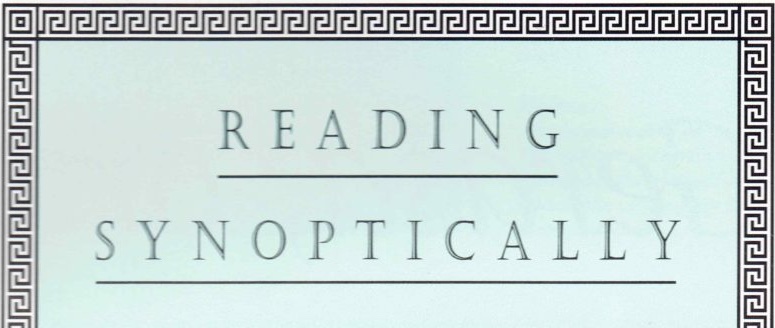A synopsis allows us to see the differences in each Gospel—which is often valuable in understanding the texts and determining the better readings.
Landmark New Work by Professor David Flusser Explores Jesus’ Jewishness

In March 1995, Professor David Flusser shared with me his intent to re-publish the 1968 English translation of his biography of Jesus. Serious problems had occurred in the English translation of the book, which in German had sold almost 100,000 copies.
Another Look at the “Cleansing of the Temple” Story

Based on archaeological excavations near the southern wall of the temple, the research of Shmuel Safrai, and a nuance of the Hebrew verb that is one of the equivalents for Greek ekballein (drive out, banish; throw out; throw away, reject; cast out of a place, expel; remove, get rid of; put out), it may be necessary to reinterpret the gospel accounts of Jesus’ “cleansing” of the temple, even suggesting a different location for Jesus’ action.
Abraham’s Temptation, Forerunner of Jesus’ Temptation
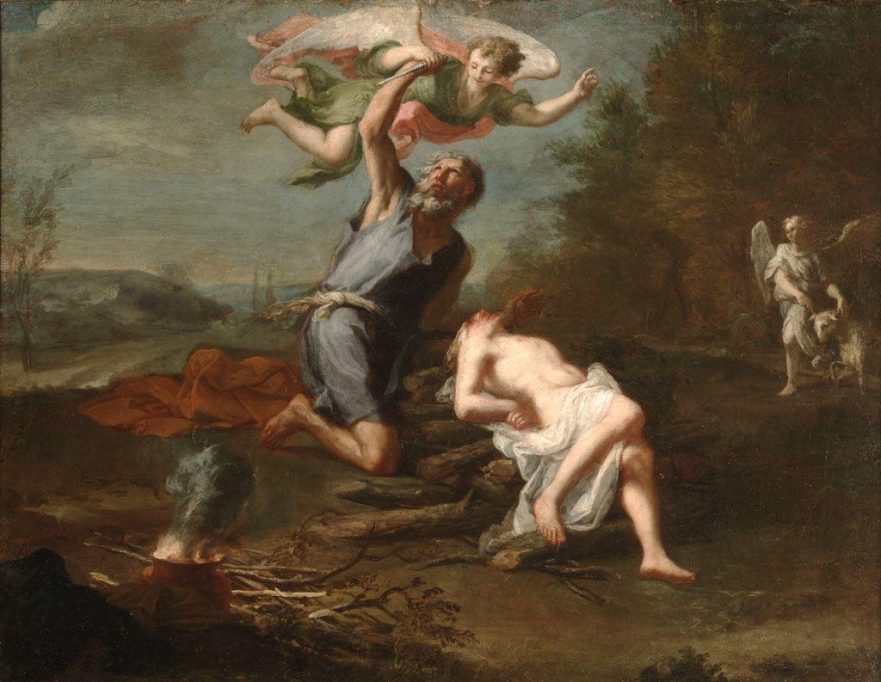
When tempted, both Jesus and Abraham vanquished their tempter with words of Torah, just as Israel’s teachers exhorted their students to do.
“Prophets and Kings”: The Evangelist Luke’s Curious Doublet

In a beautiful statement that probably referred to the Kingdom of Heaven, Jesus proclaimed to his disciples, according to Luke, that “many prophets and kings” desired to see and hear what they (his disciples) are seeing and hearing. Matthew preserves the same saying, but in Matthew’s account the doublet is, “prophets and righteous persons.” The wording of Jesus’ saying in these two accounts is so similar that it appears likely that their slight differences reflect literary, or editorial, changes rather than different versions of the saying uttered by Jesus on different occasions. If so, which of these gospel accounts preserves the more original form of Jesus’ saying? Did Jesus say “prophets and kings” or “prophets and righteous persons”?
Jesus and the Essene Passover

Fifty years of scholarship concerning the Dead Sea Scrolls have brought clearer understanding concerning a fascinating stream of Jewish piety which existed during the final days of the Second Temple.
First-century Jewish Use of Scripture: Evidence from the Life of Jesus
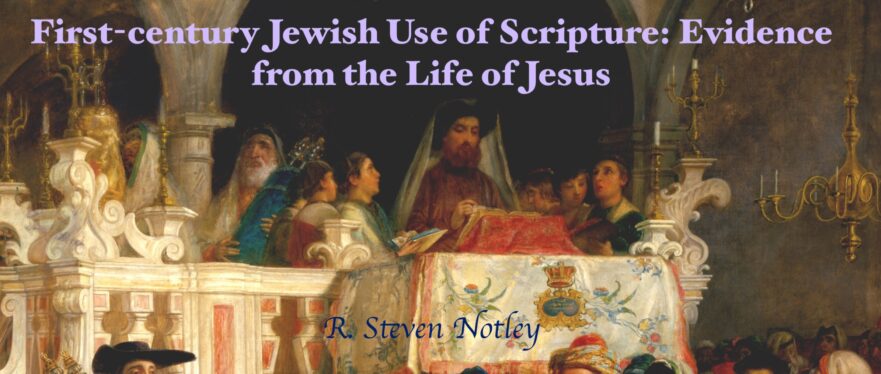
Through the window of a single New Testament episode we can gain insight into how Jesus and his Jewish contemporaries employed sacred texts with creative ingenuity to grapple with the complex issues of their day.
The Cross and the Jewish People
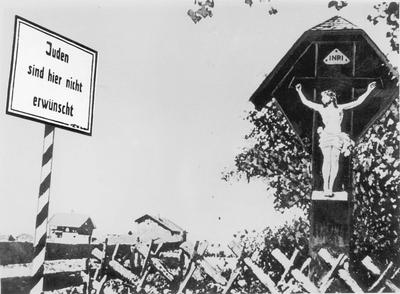
One of the most poignant pictures which exemplify the chasm of historical misunderstanding between Jews and Christians is that found in Yad Vashem, the Holocaust memorial in Jerusalem. It is a photograph of a life-size crucifix that stood outside an unknown German village prior to World War II. In a twist of tragic irony a sign was hung on the cross to warn Jews not to enter the village. It read: “Jews are not welcome here.”
Let Him Who Is Without Sin…
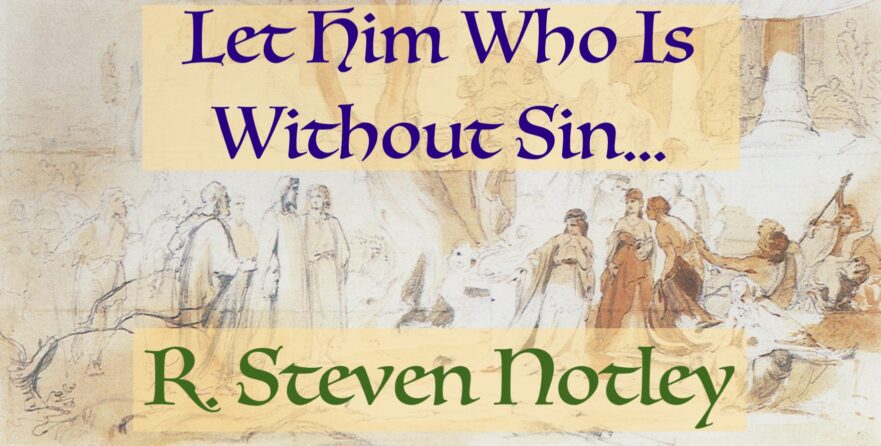
When the story of the woman caught in adultery (John 7:53-8:11) is read within the setting of the Second Temple period, it resonates with authentic attitudes and issues.
The Synagogue the Centurion Built

Would a Roman officer have had the means to finance the construction of a synagogue in the lakeshore town of Capernaum?
The “Desert” of Bethsaida
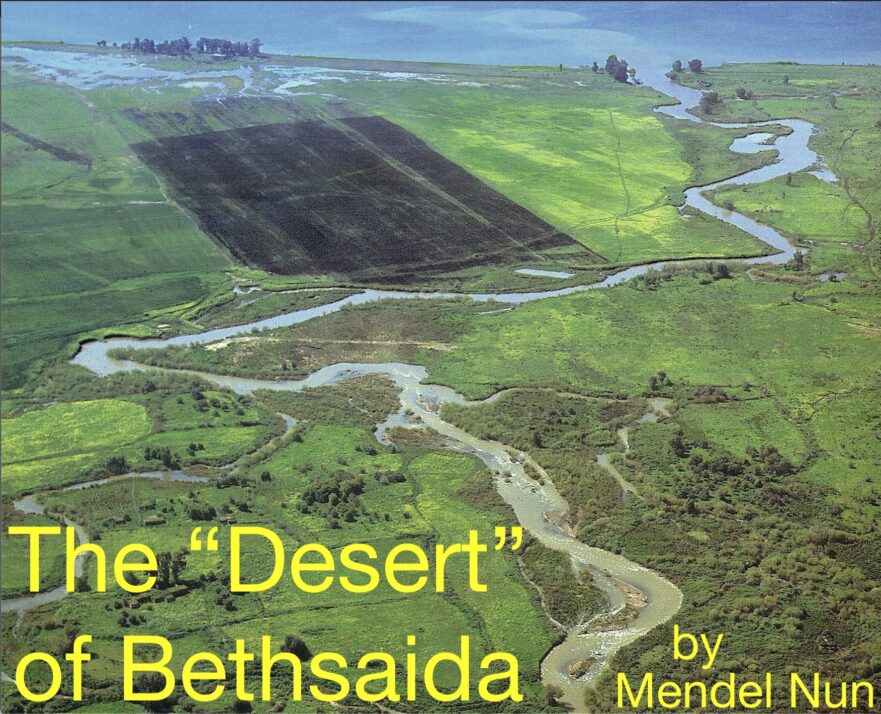
By analyzing the meaning of the word translated “desert,” the topography at the Feeding of the Five Thousand can be clarified.
One Torah Reader, Not Seven!
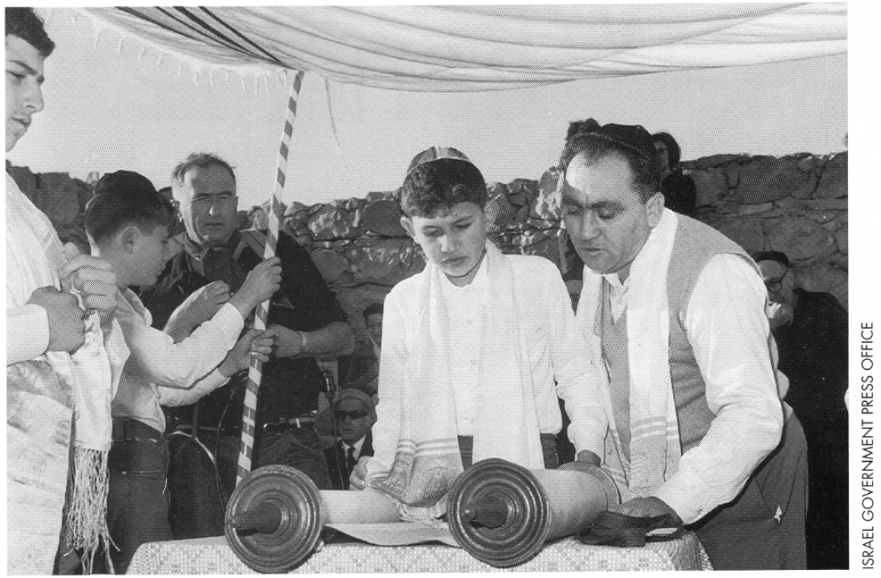
Only around 100 A.D. did it become the custom to have the weekly Torah portion read by seven persons.
Paraphrastic Gospels
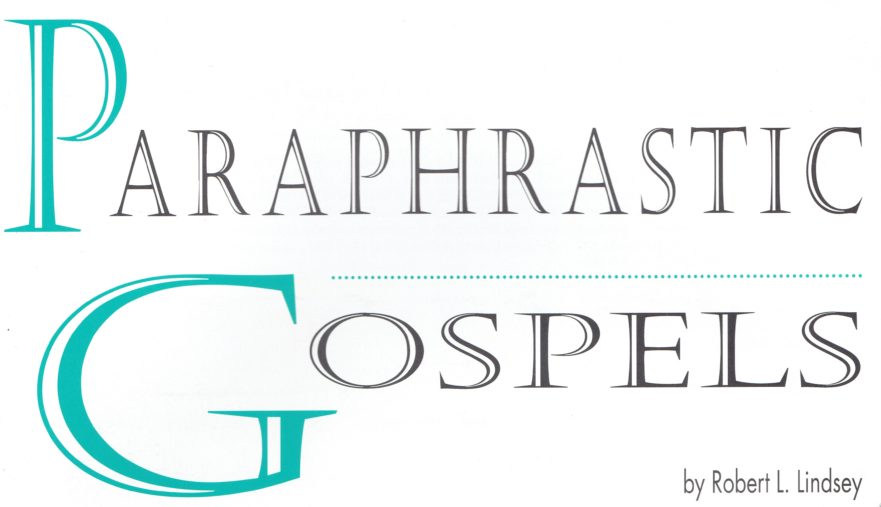
As Robert Lindsey realized in 1962, Mark reworked Luke’s Gospel in writing his own. Mark liked to substitute synonyms for nearly anything that Luke wrote. If, for instance, Luke used the singular of a noun, Mark substituted the plural form of the same noun in writing his Gospel. And vice versa: if Luke used the plural, Mark substituted the singular. In this article, Robert Lindsey surveys a unique substitution category found in Mark’s Gospel: the replacing of one verse of Scripture with another.
Gergesa: Site of the Demoniac’s Healing

The recent discovery of many of the ancient harbors that ringed the Sea of Galilee is an exciting chapter in Sea of Galilee research. One of these harbors is located at Kursi, ancient Gergesa. In this article, Mendel Nun contends that the demoniac’s healing and the miracle of the swine took place at Gergesa, not Gadara or Gerasa.
Stewards of God’s Keys
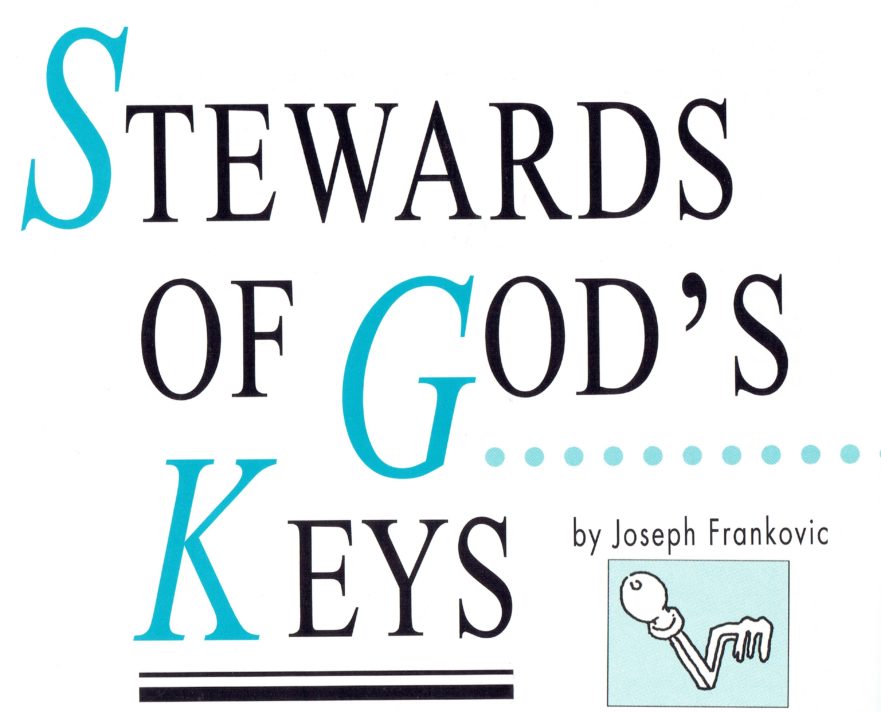
Jesus gave his disciple Peter the “keys of the kingdom of heaven” and promised that whatever Peter “bound” and “loosed” on earth would be “bound” and “loosed” in heaven. What scriptural allusions lurk beneath these expressions and what are their implications? How does the Jewish literary background of Matthew 16:19 help us better appreciate Jesus’ words?
Streams of Living Water: The Feast of Tabernacles and the Holy Spirit
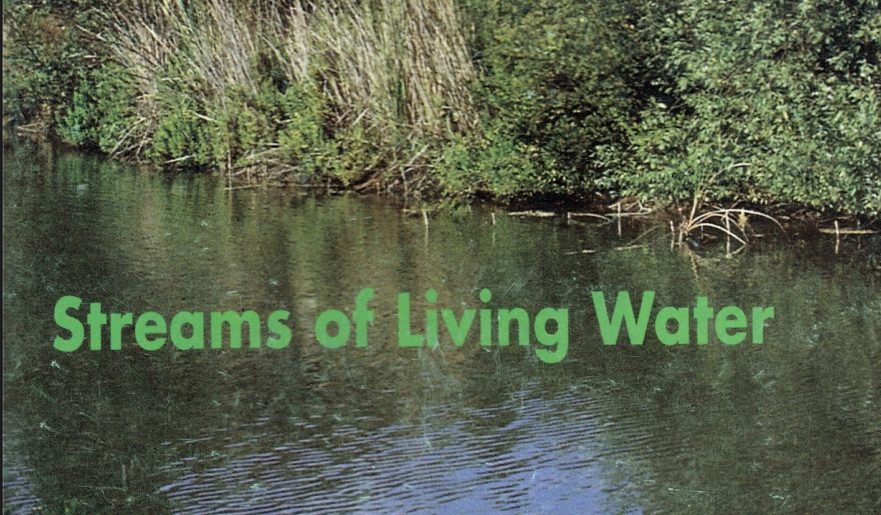
This year the festival of Sukkot, or Tabernacles, takes place on October 9—16. JERUSALEM PERSPECTIVE has asked the famous biblical landscape reserve, Neot Kedumim, to provide our readers with some of the reserve’s wonderful insights into this festival, and Neot Kedumim staff member Beth Uval has contributed the following.
Why I Am a Member of the Jerusalem School
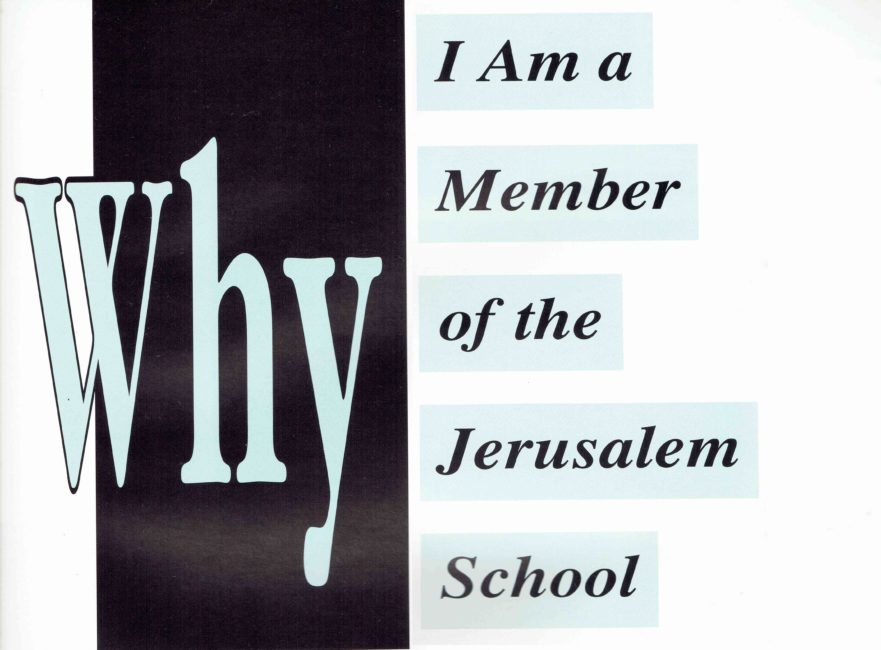
The appeal of the Jerusalem School of Synoptic Research lies in the potential of its research methodologies to make the words and claims of Jesus clearer.
Remember Shiloh!
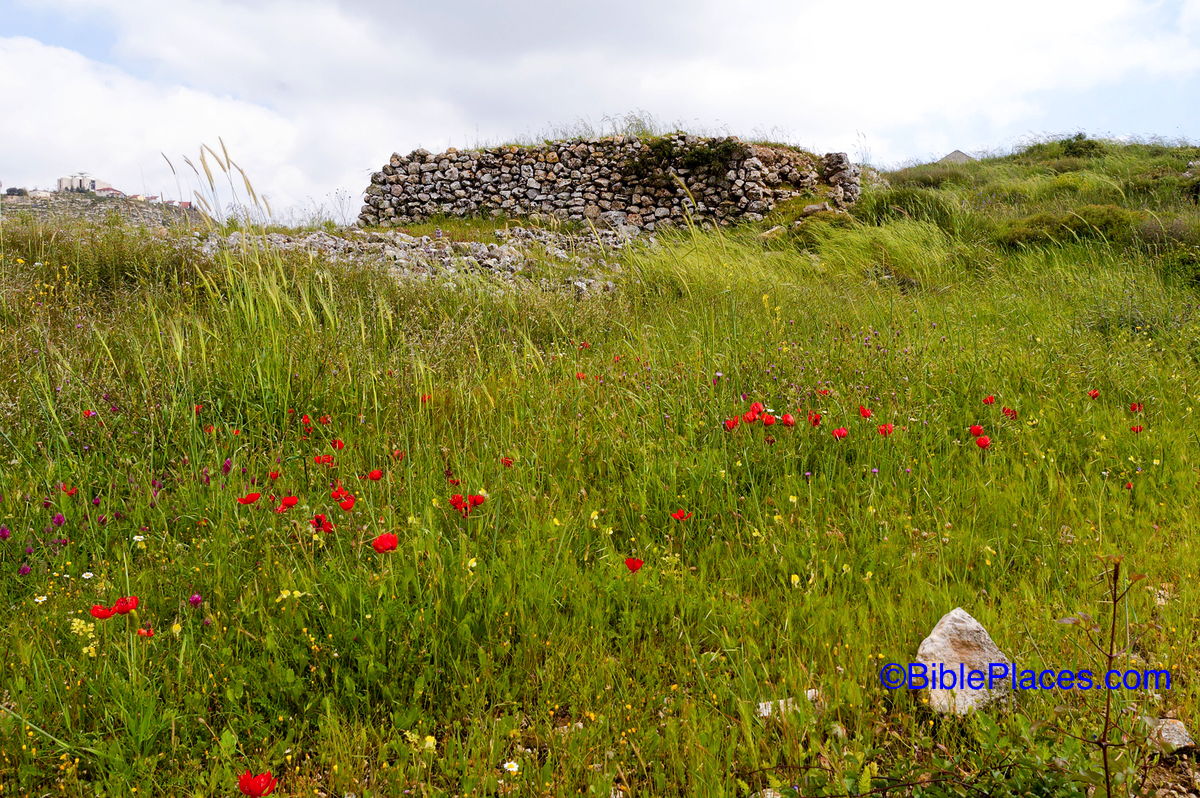
Without paying attention to ancient Jewish exegesis one can easily miss the full impact of Jesus’ statement, “den of thieves.” Was Jesus solely addressing the vendors, or was he aiming at bigger game?

